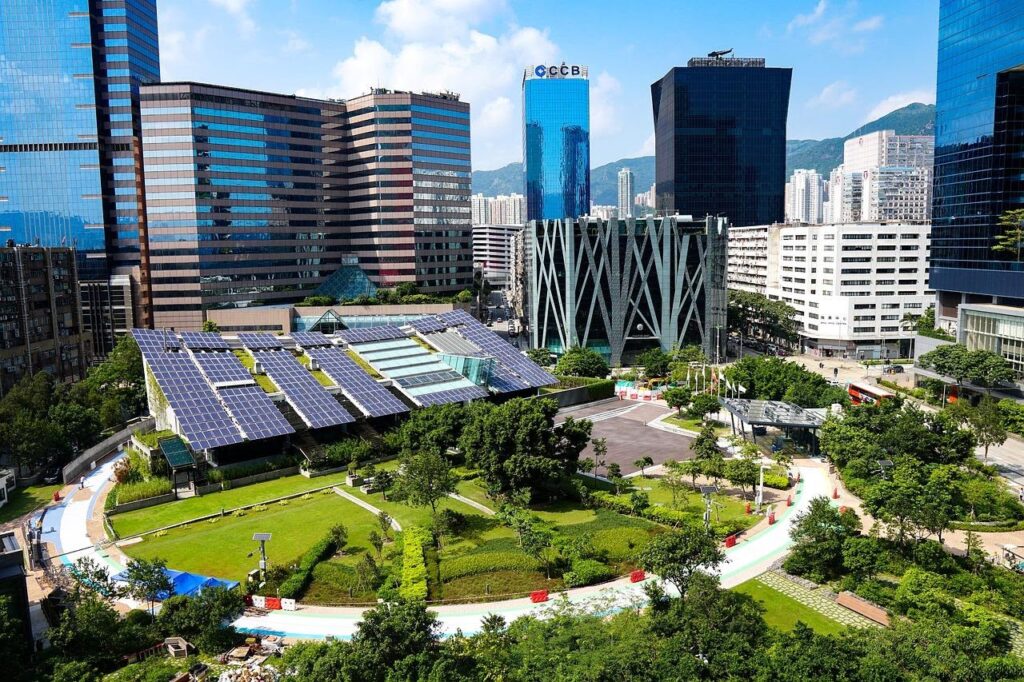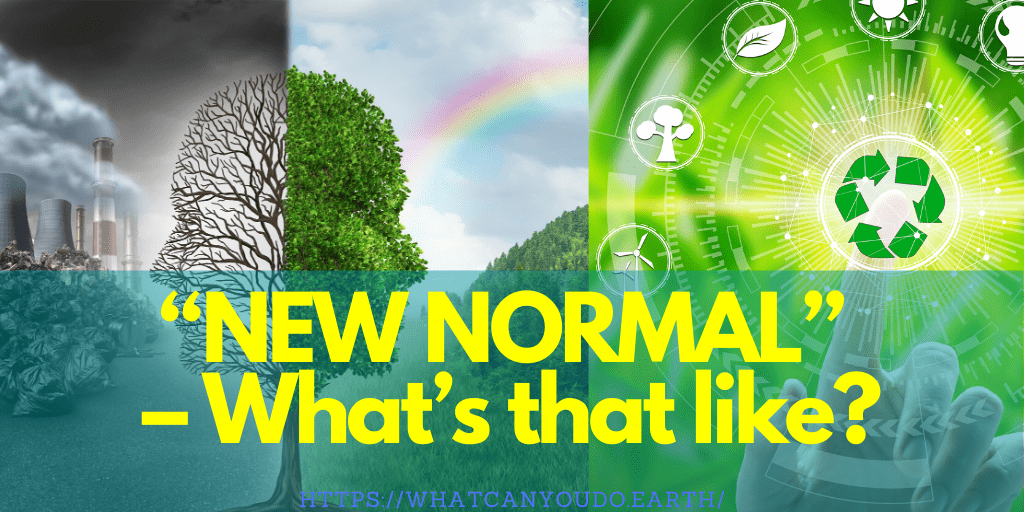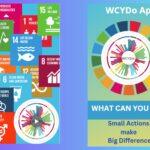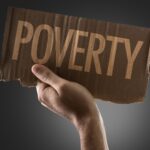Since the COVID-19 outbreak, we have witnessed a big shift in attitude, our economy, and our public routine. Social distancing regulations and this forced break, compromised our buying ability that made many of us re-examine our consumer priorities, as well as allowing space for influential leaders and companies to focus on the more pressing global and climate issues at stake. All of these nuanced changes will ultimately shape-shift our culture and carve a new normal for our lives in the way we relate to businesses, sustainability, and lifestyle.
During this unprecedented time, more companies are connecting with their employees and colleagues via online platforms that have spawned positive effects with regards to companies trusting their employee base to reach targets, create output, and work effectively from the comfort of their homes. This of course has had a favourable effect on mental health as people find more freedom in their routines, family, and motivation without the daily efforts of regular work-life (which we know has wonderful benefits for everyone). Hospitality and retail have taken a massive hit from the adverse effects of the Coronavirus. However, this creates more space and opportunity for more mindful companies to come into play that practise a sustainable and ethical approach.
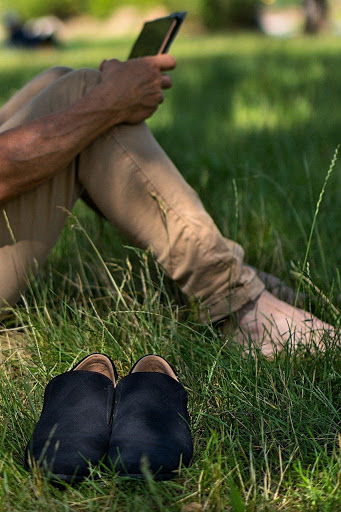
Working remotely may just become part of the ‘new norm’ and as a result, the digital realm could become an even bigger and better free market providing more choices, new and innovative business models, blossoming key people, and more accessibility. The eighth sustainable goal (SDG#8: decent work and economic growth) could show its head when the extension of the online market alongside more infrastructure in sustainable material (refer to my previous blog) could put us on track for new methods of income whilst also welcoming a fresh face of business.
We have already seen a huge increase in the engagement of zoom, YouTube, streaming sites, Instagram, website creation, podcasting, TikTok, eCommerce, gaming platforms, delivery services, and more. These have created new spaces for learning, fitness, app-use, home-schooling, and promotion thus providing more remote job opportunities for anyone who wants it. A good example is how ‘online fitness has boomed during lockdown with cult yoga teacher Adrienne getting 7.57m subscribers for her YouTube videos’, “seeing a jump across all platforms”, and she is not the only one. Let’s face it, we’re living in a world where the number of followers/streams will equal cash in the bank.
For current apps, online services, and websites to stay in the game, they’re going to have to step it up quickly with better branding and better content if they’re going to compete with the new businesses on the horizon. It raises the question: is the future going to call for schools to teach more high-edge tech, coding, and algorithm promotion? After all, this is the future of business.
Subsequently, we could experience a fairer market place, giving more equal earning power to more people which supplements to the tenth goal – SDG#10: reduced inequalities. Complementing this is how more emphasis will be put on shopping-local as shipping accounts for about 3 per cent of global emissions, as stated in eco-business, this will incentivise more skills and more economic growth.
With more companies operating remotely, the demand for commuting, excess rubbish, and resources is a lot less which has profound implications for sustainability. There are already big lifestyle changes we can see, such as an increase in cycling, walking, and working from home, as people avoid public transport, and high-volume public places. In the coming years, we are going to see these new ways of living accommodated by new infrastructure and regulations that aim to create a greener future including bigger cycling paths and investments in renewable energy coinciding with SDG#11: sustainable cities and communities which we hope to experience.
When we step off the hamster wheel, our consumption of non-essential products decreases which puts less strain on the demand for unsustainable products. As incomes have declined, ‘consumers are spending on essentials and not discretionary categories, with some exceptions in South Korea and China’. Responsible consumption is actually quite minimalist, which makes us realise the motivations behind everything else we buy. This is the chance for powerful companies to detach their economic growth from the compulsions leading up to the pandemic.

Could COVID-19 have made us re-evaluate our buyer needs and financial priorities more seriously? If so, this heading towards our twelfth sustainable goal (SDG#12: responsible consumption and production), ta-da!
Having said of all of this, we have to take into account that developing nations are experiencing a much more detrimental set of circumstances. There are going to be difficult adjustment challenges that will come as a result of the lifestyle changes. Covid-19 is the biggest disaster for developing nations in our lifetime. If ever there was a time for concerned citizens and political leaders in both developing and richer countries to come together, it’s now. While we can feel all happy and hopeful for the UK’s change, we have to remain conscious and compassionate to our suffering friends across the globe by being vigilant for funds, and staying tuned to world leaders displaying solidarity and active-aid.
When we look at any progress or issue on a bigger, (or in this case) global level, we have to always hold ourselves accountable for our individual growth. For there to be a positive shift in our future we have to reflect, re-prioritise and stay convictive to our values to create our own new normal. We hope that our upcoming app (WCYDo – What Can You Do?)’ will be a great and easy tool for helping you to do your part.
Who knows what the future will hold? How have your spending habits changed? How do you predict the future will look for the next generations? I would love to know how your life has changed up, comment to us on Facebook, and let us know.
References:
https://medium.com/steveglaveski/covid19-winners-losers-and-new-business-opportunities-38a60badf579
https://www.cnet.com/news/coronavirus-has-made-peak-internet-usage-into-the-new-normal/
Take care, keep well!
Blog: Eliza Pitkin
July 2020
Do you agree? Tell us what you think – email: tellus@whatcanyoudo.earth
“tellus” is a Latin word meaning “Earth” e.g. Tellus Mater the ancient Roman Earth Mother Goddess
